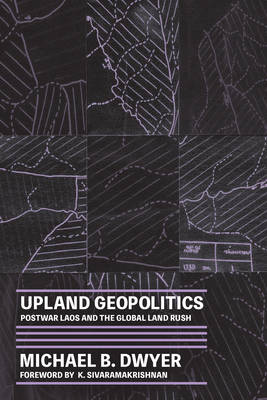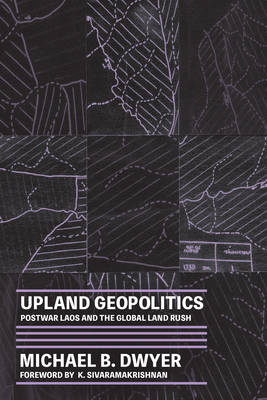
- Retrait gratuit dans votre magasin Club
- 7.000.000 titres dans notre catalogue
- Payer en toute sécurité
- Toujours un magasin près de chez vous
- Retrait gratuit dans votre magasin Club
- 7.000.0000 titres dans notre catalogue
- Payer en toute sécurité
- Toujours un magasin près de chez vous
Description
Winner of the 2024 EuroSEAS Social Science Book Prize
Cold War legacies in Southeast Asia enable new geographies of enclosure
In the twenty-first century, land deals in the Global South have become increasingly prevalent and controversial. Transnational access to arable land in impoverished "land-rich" countries in Latin America, Sub-Saharan Africa, and Southeast Asia highlights the link between the shifting geopolitics of economic development and problems of food security, climate change, and regional and international trade. Drawing on ethnographic and archival research, Upland Geopolitics uses the case of Chinese agribusiness investment in northern Laos to study the unbalanced geography of the new global land rush. Connecting the current rubber plantation boom to a longer trajectory of foreign intervention in the region, Upland Geopolitics reveals how legacies of Cold War conflict continue to pave the way for transnational enclosure in a socially uneven landscape.
Upland Geopolitics is freely available in an open access edition thanks to TOME (Toward an Open Monograph Ecosystem) and the generous support of Indiana University.
DOI: 10.6069/9780295750507
Spécifications
Parties prenantes
- Auteur(s) :
- Editeur:
Contenu
- Nombre de pages :
- 250
- Langue:
- Anglais
- Collection :
Caractéristiques
- EAN:
- 9780295750491
- Date de parution :
- 13-09-22
- Format:
- Livre broché
- Format numérique:
- Trade paperback (VS)
- Dimensions :
- 152 mm x 229 mm
- Poids :
- 371 g

Les avis
Nous publions uniquement les avis qui respectent les conditions requises. Consultez nos conditions pour les avis.






